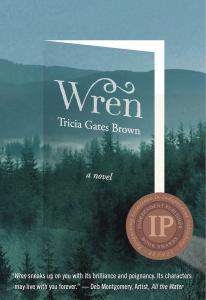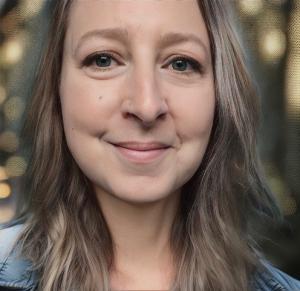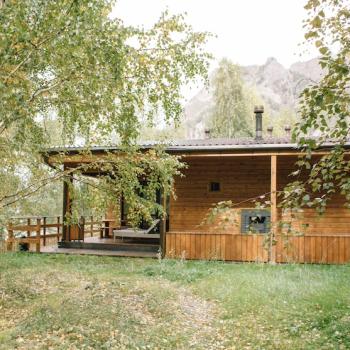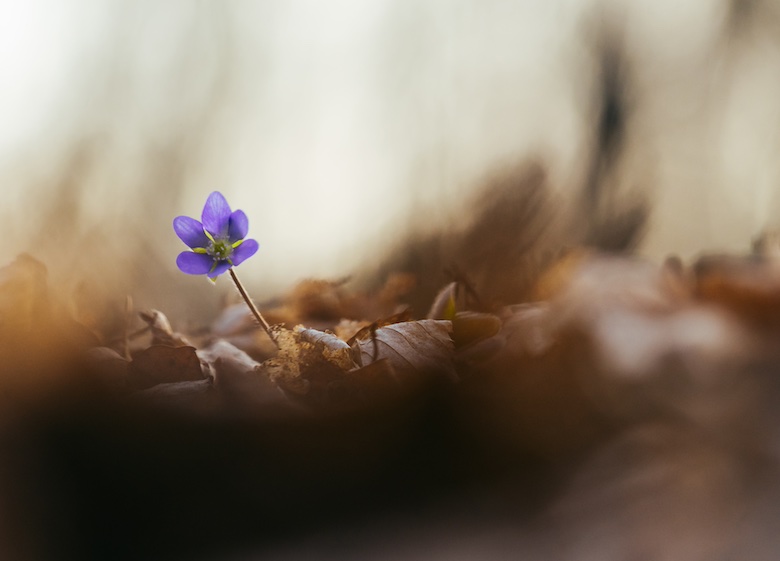
Lately I’m reading the political scientist Francis Fukuyama after hearing him speak on struggle. Specifically, on how struggle gives us meaning, and how humans need something to struggle toward. In the absence of struggle and challenge, something rushes into the void. As a writer and reader of fiction, I recognize the given: Every story requires conflict. My husband, a longtime literature professor, declares it definitively: “There is no story without conflict!” I would say this includes our own stories. This leads me to wonder why we are constantly surprised by struggle.
The discussion of humanity’s need for struggle dovetails with my presumption that all humans are religious. I know I harp on this—the idea that religions are meaning systems with shared stories, values, and rituals, and that all of us have religions ordering our lives, whether consciously or unconsciously. As people move away from dominant faith traditions, they continue to be religious; they just participate in secular religions that work in their lives in ways similar to traditional religions. Religions are meaning systems we all need. The most important question is whether a religious expression is healthy or unhealthy; my favorite way of posing the question is this: Does it make one more loving in action or diminish loving actions and increase one’s prejudices?
Religions are about as old as humanity; we are inherently religious. What Fukuyama has me pondering is whether humans’ inherent religiosity is tied up with our need for struggle. Religions infuse our lives with challenge and, in a unique way, with meaning and purpose—whether dominant faith traditions or spirituality or secular religions like politics, capitalism/consumption, or sports, or some combination thereof. And I’m pondering whether a correlation exists between a general lack of struggle in modern life, and the ferocity with which fundamentalisms have arisen, both religious and political fundamentalisms. Also, I have long wondered whether the increasing sympathy for authoritarianism we see around the world is because modern democratic, technocratic life has made us complacent and, to use Fukuyama’s word, bored.
I quote him:
“Experience suggests that if men cannot struggle on behalf of a just cause because that just cause was victorious in an earlier generation, then they will struggle against the just cause. They will struggle for the sake of struggle. They will struggle, in other words, out of a certain boredom: for they cannot imagine living in a world without struggle. And if the greater part of the world in which they live is characterized by peaceful and prosperous liberal democracy, then they will struggle against that peace and prosperity, and against democracy.” (Francis Fukuyama in The End of History and the Last Man)
In a recent interview, he riffs on this, saying:
“…[H]uman beings in some sense want to struggle. They don’t want to be content just with being fat and happy. They want higher goals. They want to be recognized for great achievements. …I think that’s why in certain ways, some of these political developments go in generational cycles.”
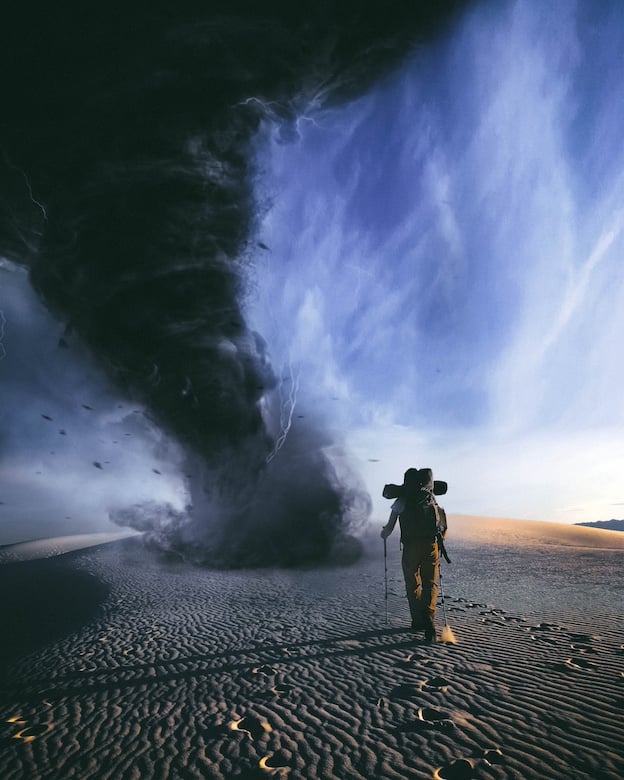
Fukuyama is not despairing, necessarily, because he notes that people do learn over time. I see this as the ‘three steps forward, two steps back’ dynamic. Even with the back-stepping, we achieve progress over the long run. Presently, with the democratic backsliding seen around the globe, we are, it seems, in a grievous two-steps-back phase. It requires us to struggle all the more for democracy and the common good.
In this struggle, I’m drawing a lot of strength from my religious tradition and am reminded frequently of how forebears in my own faith—Jesus and the earliest Christians, but many others as well, from St. Teresa of Avila to Dietrich Bonhoeffer to Quakers—have modeled ways to operate in struggle. Struggle is truly at the heart of great faith traditions and of most enduring philosophical traditions. Not only struggle in the daily living out of these religions, in the challenges we face as we try to live up to our values, but also struggles in the histories of our faiths. Indeed, religions are built around story (another topic I often return to), and as I mentioned, stories require conflict. The stories forming the foundations of our religious faiths are stories of struggle.
I am not saying that the human need for struggle is the sole explanation of what is happening in the world today in democratic slippage and in the accession of fundamentalism and political radicalization on both the left and right. What I am suggesting, is that we heed the truth in Fukuyama’s insight: We all need something worth fighting for.
What do you have that is worth struggling for?
If you liked this article please leave me a comment below; I am interested in your perspective. To support my writing, please subscribe and share with a friend!
Wren, winner of a 2022 Independent Publishers Award Bronze Medal
Winner of the 2022 Independent Publisher Awards Bronze Medal for Regional Fiction; Finalist for the 2022 National Indie Excellence Awards. (2021) Paperback publication of Wren , a novel. “Insightful novel tackles questions of parenthood, marriage, and friendship with finesse and empathy … with striking descriptions of Oregon topography.” —Kirkus Reviews (2018) Audiobook publication of Wren.


